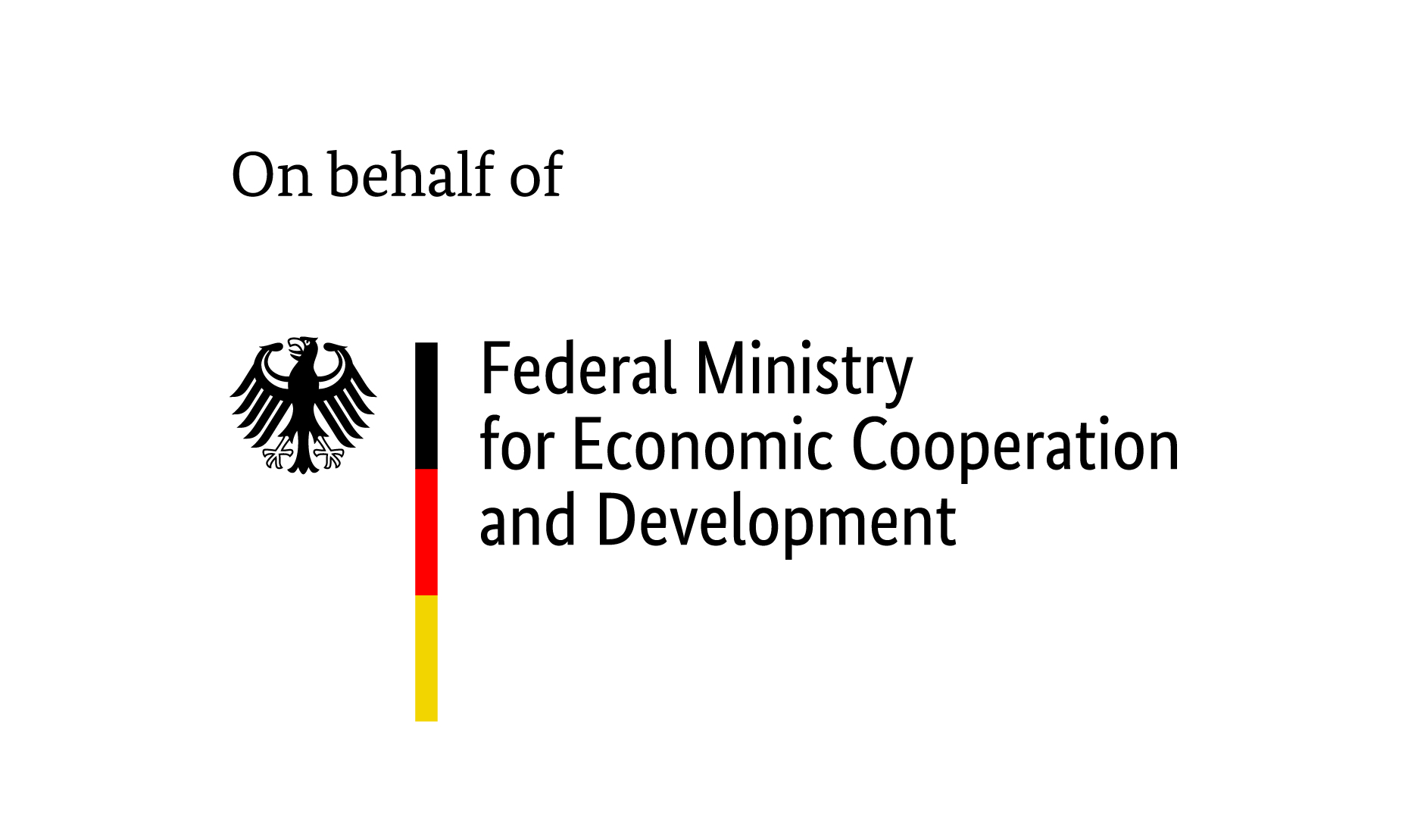
Alternative dispute resolution reduced the number of prolonged and unresolved disputes, and meant that disputes were less likely to turn violent
Read "Engineering Informal Institutions: Long-run Impacts of Alternative Dispute Resolution on Violence and Property Rights in Liberia" by Alexandra C. Hartman, Robert A. Blair and Christopher Blattman here.
Where there is conflict, can outsiders help by providing informal ways for people to resolve their disputes? In this VoxDevTalk, Chris Blattman discusses his work with Alexandra Hartman and Robert Blair evaluating a campaign to promote alternative dispute resolution practices and norms in rural communities in Liberia, where violent land disputes are common. In contrast to formal courts, alternative dispute resolution recognises that there is a bargaining range between two positions and aims to prevent the bargaining failures that keep people from finding solutions to disputes by helping them, for example, to control their emotions, understand the other person’s point of view and find common ground.
One year after the intervention, the number of disputes had not fallen but the numbers of prolonged and unresolved disputes had fallen. In addition, disputes were almost a third less likely to result in threats, anger or violence. When the authors returned three years after the intervention, they continued to see this reduction in violent disputes. However, they did not observe an overall increase in people’s feelings of land security, which might have been expected to accompany the reduction in unresolved and violent disputes. One possible explanation for this is that the alternative dispute resolution may have increased the concentration of power among politically connected villagers.





